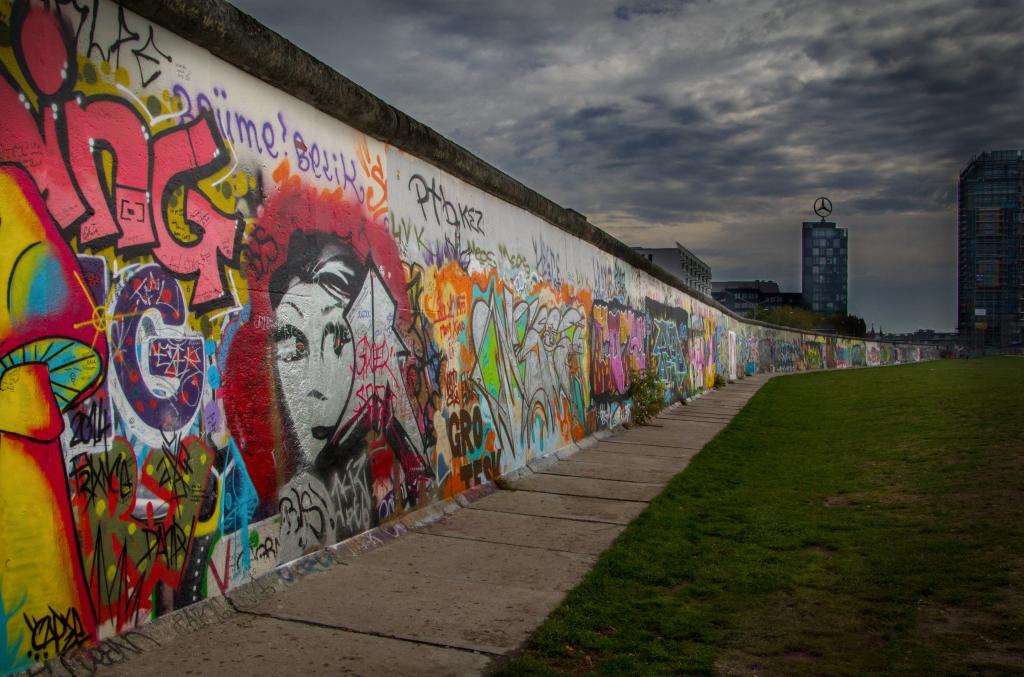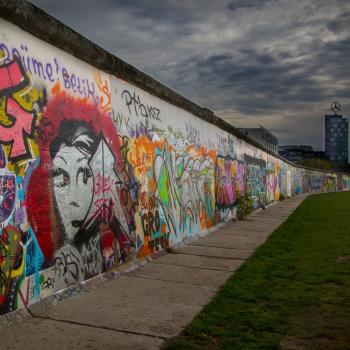NOVEMBER 10, 2020 BY SCOTT R. STAHLECKER
I’ve lived in two divided countries in my life. Once in Frankfurt, Germany while serving in the army from 1986-1989, and also in South Korea for two years while teaching English in the late 90s. Being isolated from family members and friends behind a wall of political differences is a future Americans do not want to flirt with.

The German people became divided after World War II, between essentially, communism in the east and democracy in the west. They remained divided for over 40 years but began unifying around the time the Berlin wall came down in 1989. My tour in the army ended just a few months before German citizens from both sides started jackhammering this symbol of their division into chunks of concrete you can still by on E-Bay.
The Koreans have been split by their own wall on the 38th parallel for 70 years. The North Koreans live under authoritarian rule while the South Koreans enjoy life in a thriving, free democracy. In many of the conversations I had with my students they expressed sadness that their people were divided. Many of them also lived with family members who still retained memories of being separated from fathers and mothers, sisters and brothers, other family members, and close friends.Embed from Getty Images
Embed from Getty ImagesHow would America be politically divided?
As it’s shaping up, very much like how Germany and Korea were divided. And if we look to the past week’s elections, it is easy to make reasonable assumptions. On the one hand, Republicans in the last four years have been supporting Trump, who by all accounts has become more authoritarian and dictatorial during his time in office. On the other side, we have everyone else who supports President-Elect Biden, whose leadership style epitomizes grassroots democracy. Which means, he seeks to lead not as a ruler, but rather in the spirit of service to his country, which requires him to compromise and work with the members of other political parties to achieve the best results for the American people.
Obviously, I have a bias towards Biden in that I value the traditional way presidents have governed during my lifetime. My bias is grounded by a strong aversion to the alternative; I do not want to serve an authoritarian president who commands my loyalty. And besides, history is clear as to poor quality of life people have who live under the thumbs of a dictator, as opposed to those who live in a thriving democracy. We have enjoyed the later for hundreds of years. We just barely escaped reverting into authoritarian rule. Fortunately, Biden won the elections, so the pendulum of government will swing back in the direction of a more traditional, democratic style of leadership.
What remains to be seen, is what percentage of Americans in the coming years will still prefer a shift toward authoritarianism over democracy.
